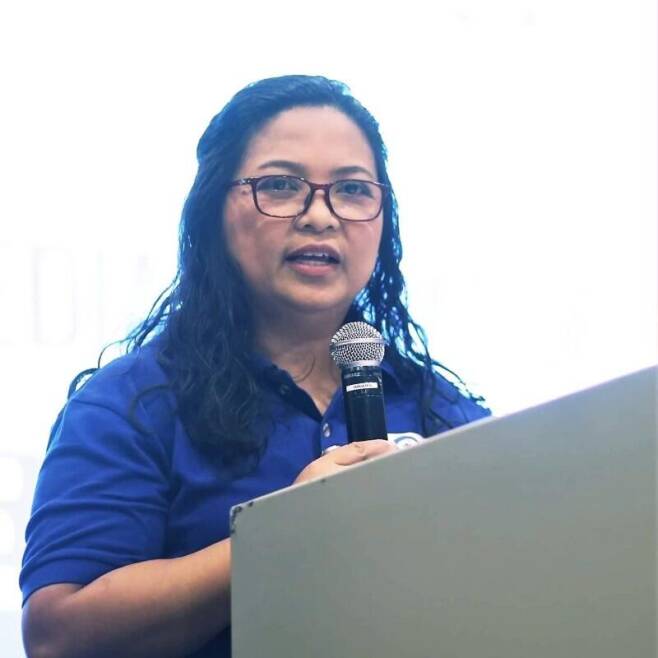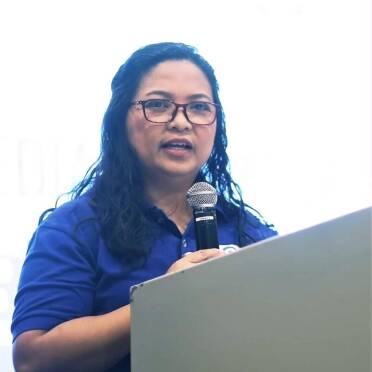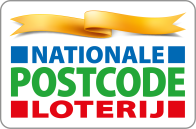Expert interview
Shiela Estabillo is a social worker and project manager for the Safe Online Project at Plan International Philippines. She is actively involved in advocacy and educational efforts addressing child protection issues, particularly the commercial sexual exploitation of children and online sexual exploitation of children (OSEC) in the Philippines.

Scroll for the story


"The rise of online cataloguing, especially during the pandemic, this is where it started. If online platforms are used for online selling, the same way, when it comes to child abuse, it's also considered a digital marketplace."
To help parents navigate these challenges, Estabillo suggests adapting traditional safety advice for the digital world. She advises teaching children that not everyone online is who they say they are and to be cautious when interacting with strangers. She also stresses the importance of kindness and thoughtfulness online, urging children to "think before you comment or post, because there are people on the other side of the screen."
Estabillo urges parents to learn more about digital safety, set clear boundaries and rules for their children’s online activities, monitor their online interactions and make use of the available parental controls. Having open conversations about online safety is crucial. She also recommends digital citizenship training, online safety guides, parent-child agreements and online safety apps to help these discussions.
The online world is a place where children should be able to grow and have fun, but it is also a place where children need our guidance. By staying informed, proactive and engaged - Filipino parents can empower their children to navigate the internet safely and responsibly.
The internet has become an integral part of young Filipinos' lives with 95% of those between the ages of 12 to 17 being online. However, this digital immersion comes with significant risks, including online sexual abuse, exposure to pornography, and grooming. Sheila Estabillo is a Technical Specialist on Child Online Protection at Plan International Philippines. She sheds light on these challenges and how to tackle them.
According to a government study, 1 in 2 Filipino children experiences violence online with online sexual abuse and exploitation being the most severe form. Almost 500,000 Filipino children have been trafficked for production of child sexual abuse materials, often through live streaming. The Anti-Money Laundering Council has flagged over ₱1.56 billion in suspicious transactions related to online sexual exploitation of children in the past three years.
Estabillo identifies several challenges that Filipino parents face in the struggle of protecting their children online. Limited digital literacy, lack of involvement, difficulty in keeping up with evolving technology, little awareness of online risks, and socio-cultural norms are major hurdles. Many parents also struggle to monitor their children's online activities because of these factors.
She highlights upcoming threats, such as online grooming through gaming platforms, peer recruitment into dangerous online activities, and the dangers of generative AI like deepfakes. She also notes the increasing use of non-mainstream and encrypted platforms, which makes monitoring children's safety more difficult.
"Our parents are not digitally literate, so they must make an effort to learn, ask questions, and stay involved."

Expert interview
Shiela Estabillo is a social worker and project manager for the Safe Online Project at Plan International Philippines. She is actively involved in advocacy and educational efforts addressing child protection issues, particularly the commercial sexual exploitation of children and online sexual exploitation of children (OSEC) in the Philippines.

Scroll for the story

‘De impact die we hebben op kinderen en de samen-leving moeten blijvend zijn om een duurzaam verschil te maken'
zegt een tienermeisje uit Kenia in het onderzoek Your Views on the Future Survey 2022.

"The rise of online cataloguing, especially during the pandemic, this is where it started. If online platforms are used for online selling, the same way, when it comes to child abuse, it's also considered a digital marketplace."

SCROL - Safety for Children and their Rights OnLine - heeft als doel online seksuele uitbuiting van kinderen tegen te gaan. Het 3-jarige programma is in 2022 gestart en illustreert hoe onze nieuwe strategie ‘Listen Up!’ er in de praktijk uitziet.
Kinderen spelen een belangrijke rol bij het ontwerp, de uitvoering en de evaluatie van het programma. Zo zijn zij voorvechters voor verandering bij hun leeftijdsgenoten, gemeenschappen en beleidsmakers in Kenia, Nepal, Cambodja en de Filipijnen. Onlangs hebben Cambodjaanse jongeren meegedaan aan een creatieve workshop waarin zij oorzaken van online seksuele uitbuiting hebben aangekaart en oplossingen hebben aangedragen. Ook hebben zij concrete ideeën gegeven over veiligheid op sociale media voor 'Safe Online World for Girls', een nieuwe publiekscampagne gericht op schoolgaande meisjes.
SCROL wordt gefinancierd door onze partner Nationale Postcode Loterij.

Lees meer over Scrol
Samen voor een betere toekomst
Kinderen staan centraal in alles wat we doen. We versterken en verbinden iedereen die een eind wil maken aan kinderuitbuiting. En we geven ieder kind een stem. Zo werken we aan duurzame veranderingen. Maar dat kunnen we niet alleen. De steun van onze trouwe donateurs is onmisbaar voor een goede en veilige toekomst voor kinderen wereldwijd.
Duurzame impact via systeemverandering
Met de steun van onze donateurs zetten we kinderen en gemeenschappen in hun kracht. Op die manier willen we een katalysator zijn voor systeemverandering die de onderliggende oorzaken van kinderuitbuiting aanpakt. Hiervoor betrekken we iedereen en alle instanties rondom een kind. Zoals overheden, bedrijven en andere organisaties. Het gaat om meer dan alleen het helpen van een enkel kind: Terre des Hommes wil álle kinderen en de mensen om hen heen betrekken bij de oplossing. We laten kinderen zien dat zij een stem hebben en die mogen gebruiken om bij te dragen aan duurzame verandering in hun eigen gemeenschap.
Het is onze ambitie om een katalysator te worden voor verandering. Dit doen we door:
Luisteren naar degenen die ertoe doen – We zorgen ervoor dat kinderen zelf deel uitmaken van oplossingen voor kinderen;
Gezamenlijke acties opzetten - We zetten lokale en wereldwijde partnerschappen, coalities en netwerken op voor gezamenlijke acties. Wij geloven in samenwerken voor duurzame oplossingen;
Kennis delen - We baseren ons werk op data, bewijs, ervaring en geleerde lessen. We delen wat we leren en verspreiden zo kennis;
Lobbyen bij leiders, overheden en instanties die het systeem kunnen veranderen – We gebruiken onze kennis en ervaring om invloed uit te oefenen op degenen die de macht hebben veranderingen door te voeren.
The internet has become an integral part of young Filipinos' lives with 95% of those between the ages of 12 to 17 being online. However, this digital immersion comes with significant risks, including online sexual abuse, exposure to pornography, and grooming. Sheila Estabillo is a Technical Specialist on Child Online Protection at Plan International Philippines. She sheds light on these challenges and how to tackle them.
According to a government study, 1 in 2 Filipino children experiences violence online with online sexual abuse and exploitation being the most severe form. Almost 500,000 Filipino children have been trafficked for production of child sexual abuse materials, often through live streaming. The Anti-Money Laundering Council has flagged over ₱1.56 billion in suspicious transactions related to online sexual exploitation of children in the past three years.
Estabillo identifies several challenges that Filipino parents face in the struggle of protecting their children online. Limited digital literacy, lack of involvement, difficulty in keeping up with evolving technology, little awareness of online risks, and socio-cultural norms are major hurdles. Many parents also struggle to monitor their children's online activities because of these factors.
She highlights upcoming threats, such as online grooming through gaming platforms, peer recruitment into dangerous online activities, and the dangers of generative AI like deepfakes. She also notes the increasing use of non-mainstream and encrypted platforms, which makes monitoring children's safety more difficult.
"Our parents are not digitally literate, so they must make an effort to learn, ask questions, and stay involved."
To help parents navigate these challenges, Estabillo suggests adapting traditional safety advice for the digital world. She advises teaching children that not everyone online is who they say they are and to be cautious when interacting with strangers. She also stresses the importance of kindness and thoughtfulness online, urging children to "think before you comment or post, because there are people on the other side of the screen."
Estabillo urges parents to learn more about digital safety, set clear boundaries and rules for their children’s online activities, monitor their online interactions and make use of the available parental controls. Having open conversations about online safety is crucial. She also recommends digital citizenship training, online safety guides, parent-child agreements and online safety apps to help these discussions.
The online world is a place where children should be able to grow and have fun, but it is also a place where children need our guidance. By staying informed, proactive and engaged - Filipino parents can empower their children to navigate the internet safely and responsibly.